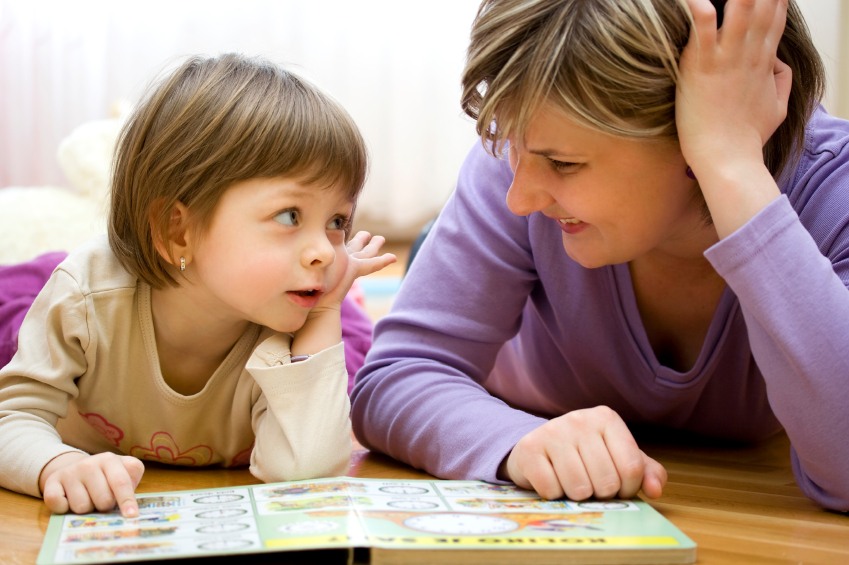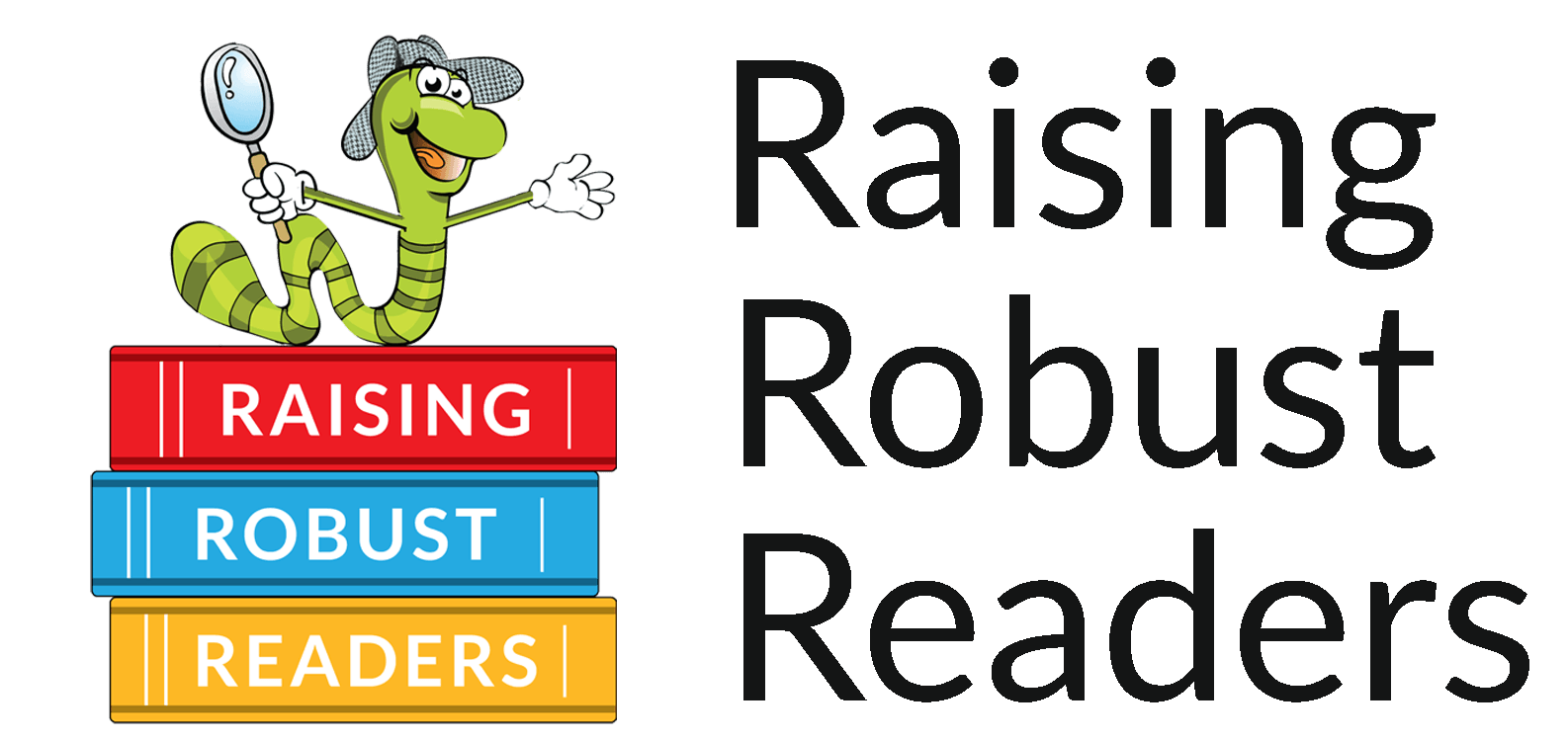
Helping Your Child with Reading Comprehension
While decoding, vocabulary and fluency skills are essential, it is COMPREHENSION skills that give us the quantum leap into actual reading! There is eventually a shift from learning 1) how to read to 2) reading to learn. Yet, comprehension is something that we can begin teaching children at a young age.
We often associate the following terms with reading comprehension:
- background knowledge
- predictions
- inferences
- problem/solution
- characterization
- main idea/supporting details
- sequence of events

And there are others. It can seem overwhelming to parents trying to help their child. Likewise, these terms can be overwhelming for children too! My goal today is to help simplify these concepts and share some strategies that you can utilize at home. We want to get children to THINK about what they are reading and eventually self-monitor their own reading comprehension. In order to teach children to think about what they are reading, we need to teach them what kind of questions support their comprehension.
As stories are read aloud to young children, we can support their listening comprehension by asking questions before, during and after the book. When we do this, we are modeling behaviors of good readers. This is what that may look like when reading aloud to young children.
Before reading the story

- Look at the cover, and read the title aloud.
- "What do you see on the cover?”
- "What do you think the title means?”
- "What do you think the story will be about?”
- Set a purpose for reading by telling your child what to listen for.
- For example, “Let's read to find out _________.”
During the reading

- Engage your child by asking her what is happening on the page.
- When reading aloud to young children, ask them about what they see happening in the picture.
- Please note: While looking at pictures can help a child see what is happening in the story, it is not a strategy that we would want a beginning reader to rely on. I will discuss this later!
- Ask questions about the characters in the story.
- “Why do you think she is sad?”
- “How do you think she felt when … ?”
- Encourage you child to make predictions.
- “What do you think will happen next?” Revisit their predictions after reading a couple more pages. “Was your prediction correct?”
- Help you chid make a personal connection to the story.
- “How would you feel if that happened to you?”
- “Have you ever felt that way?”
- Point out something specific from the book that your child may relate to. Ask questions that help your child relate to a character in the story or something that happened in the story.
Continue your reading in this manner. Stop after reading a couple of pages to ask questions about what is happening in the story. Clarify or teach vocabulary, help your child relate to the story and support his understanding of the characters.
After the story
- Ask about what happened in the beginning, middle and end of the story.
- Ask questions about important events in the story. What was the problem? How was the problem solved?
- Ask your child what her favorite part was or what she liked best about the story.
Comprehension Strategies for Beginning Readers
Read the Text! Then Check.
Earlier I mentioned that looking at the illustrations should not be a strategy upon which beginning readers should rely. Yet, it is a strategy that has its place. When working with a beginning reader, you can cover the picture while he is reading the page. This encourages children to utilize their phonetic and decoding skills to tackle unfamiliar words instead of guessing at a word because of something that they see in the picture. This also helps young readers focus on the words on the page without having their eyes wonder over to the illustration.

- Cover the picture.
- Read the text. Can you picture what is happening in your mind?
- Then reveal the picture. Does the text support what you see in the picture? Or does the picture support what you just read?
Comprehension Bookmarks
Click the pictures to download your comprehension bookmarks. Put front to back and laminate.
This “Reading is Thinking” FREEBIE from TeacherKarma.com is a nice reference for parents and young readers. You can find it (here).




